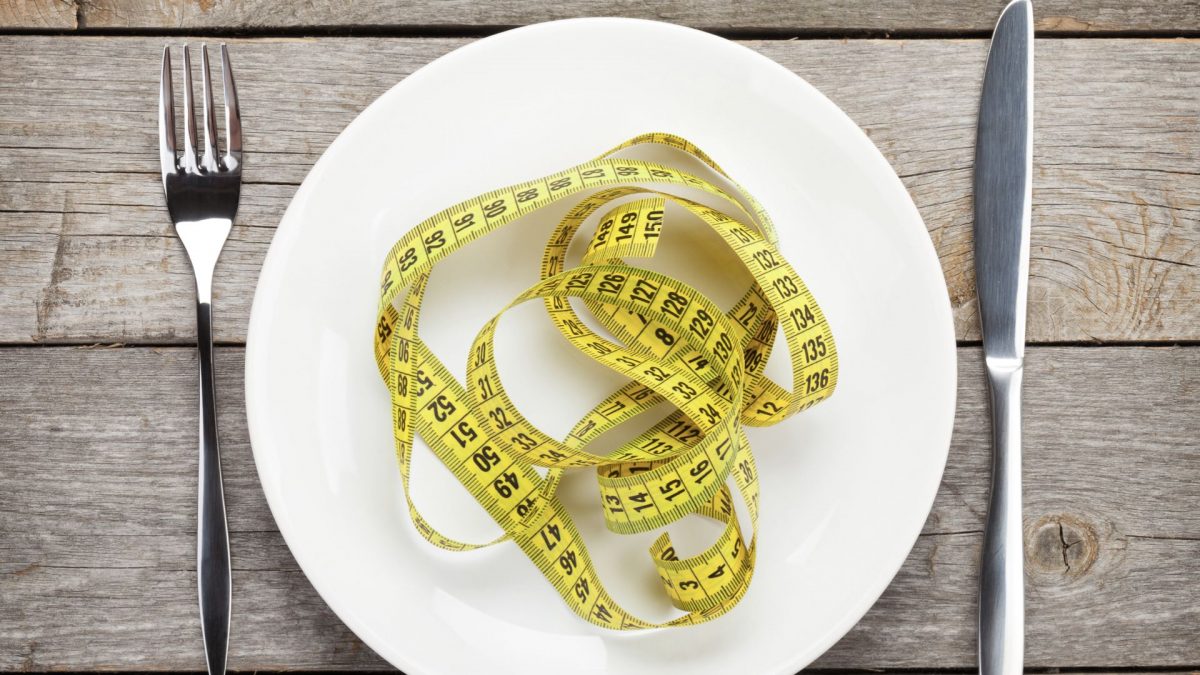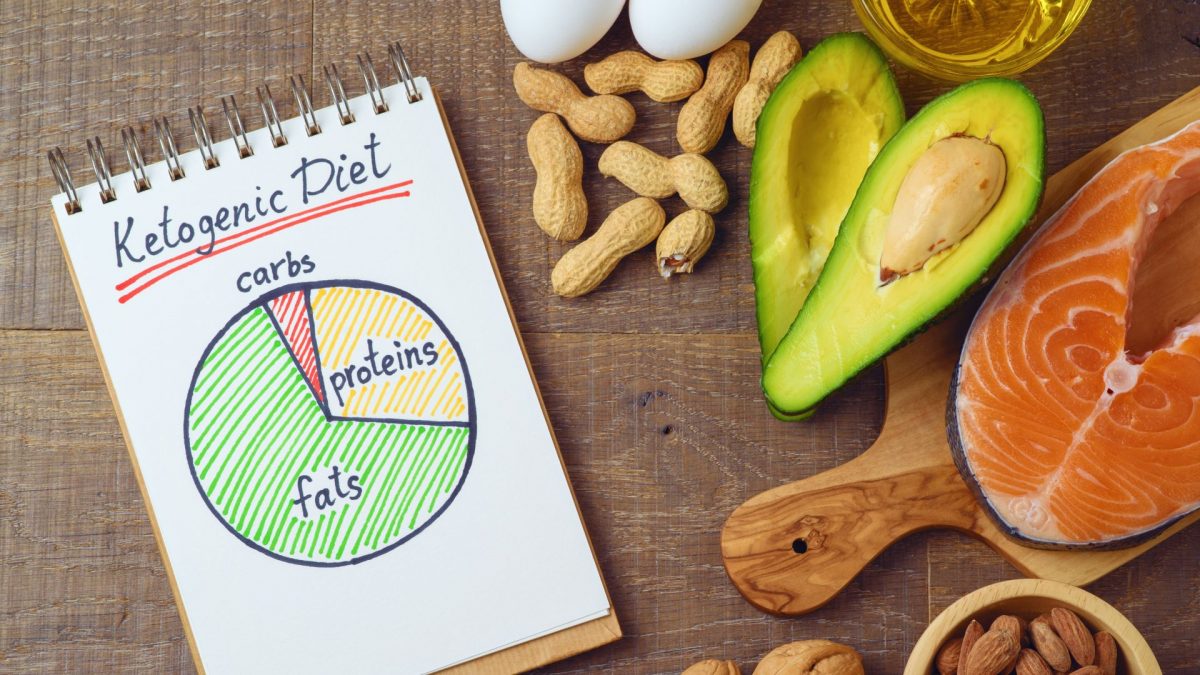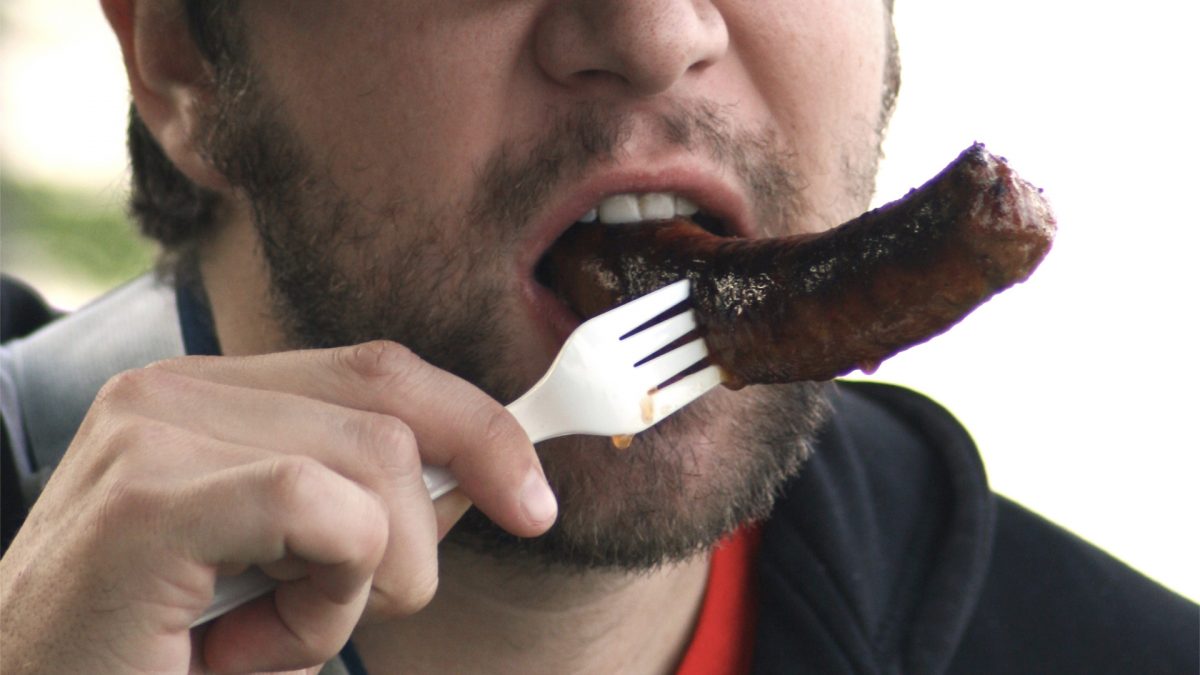
Keto Diet
In 1921, a distinguished physician at the Mayo Clinic suggested trying what he called a ketogenic diet, a high-fat diet designed to be so carbohydrate-deficient it could effectively mimic the fasting state. Oddly, the success of ketogenic diets against pediatric epilepsy seems to get conflated by keto diet proponents into suggesting it is beneficial for everyone.
By eschewing carbohydrates, you force your body to burn fat. And indeed, the amount of fat you burn shoots up when you eat a keto diet. At the same time, however, the fat you take in shoots up when you eat a keto diet. What happens to our overall body-fat balance? Body fat loss slows upon switching to the ketogenic diet.
Just looking at the scale, the ketogenic diet seems like a success, but what happens inside bodies tells a different story. On the keto diet, rates of body fat loss may slow by more than half, so most of what is lost is water. The reason less fat is burned on a ketogenic diet is presumably the same reason people who start fasting may start burning less fat: Without carbohydrates, the preferred fuel, our bodies start burning more of our own protein.
Inadequate intake of 17 micronutrients has been documented in those on ketogenic diets. Children have gotten scurvy, and some have even died from deficiency of the mineral selenium, which can cause sudden cardiac death. Bone fractures disproportionately plague children on ketogenic diets, along with growth stunting and kidney stones, and constipation is a frequently cited side effect. Keto diets have also been shown to reduce the richness and diversity of our gut flora, and all of that saturated fat can have a profound impact on the heart: A meta-analysis of four cohort studies following the diets, diseases, and deaths of more than a quarter million people found that those who eat lower-carb diets suffer a significantly higher risk of all-cause mortality, meaning they live, on average, significantly shorter lives.
For substantiation of any statements of fact from the peer-reviewed medical literature, please see the associated videos below.
Popular Videos for Keto Diet


Keto Diet Theory Put to the Test
Do low-carb and ketogenic diets have a metabolic advantage for weight loss?
Keto Diet Results for Weight Loss
Ketogenic diets and the $33-billion diet gimmick.
Is Weight Loss on Ketosis Sustainable?
Might the appetite-suppressing effects of ketosis improve dietary compliance?
Are Keto Diets Safe?
The effects of ketogenic diets on nutrient sufficiency, gut flora, and heart disease risk.
Keto Diets: Muscle Growth and Bone Density
Ketogenic diets found to undermine exercise efforts and lead to muscle shrinkage and bone loss.
Does a Ketogenic Diet Help Diabetes or Make It Worse?
Keto diets put to the test for diabetes reversal.All Videos for Keto Diet
-

How to Get a Good Night’s Sleep Without Sleeping Pills
Taking less than just 18 Ambien-class sleeping pills in an entire year may triple the risk of dying prematurely.
-

Life Extension with FGF21
What can we do to boost the longevity hormone FGF21?
-

The Best Diet for Fatty Liver Disease Treatment
What are the three sources of the liver fat in fatty liver disease and how do you get rid of it?
-

Fasting for Autoimmune Diseases
Various fasting regimens have been attempted for inflammatory autoimmune diseases such as lupus, ankylosing spondylitis, chronic urticaria, mixed connective-tissue disease, glomerulonephritis, and multiple sclerosis, as well as osteoarthritis and fibromyalgia.
-

Evidence-Based Weight Loss – Live Presentation
In this live presentation, Dr. Greger offers a sneak peek into his book How Not to Diet.
-

Highlights from the 2020 Dietary Guidelines Hearing
I was honored to testify before the US government’s Dietary Guidelines Advisory Committee. Check out the video to see my speech and a few of my favorite excerpts.
-

Does a Ketogenic Diet Help Diabetes or Make It Worse?
Keto diets put to the test for diabetes reversal.
-

Keto Diets: Muscle Growth and Bone Density
Ketogenic diets found to undermine exercise efforts and lead to muscle shrinkage and bone loss.
-

Are Keto Diets Safe?
The effects of ketogenic diets on nutrient sufficiency, gut flora, and heart disease risk.
-

Is Weight Loss on Ketosis Sustainable?
Might the appetite-suppressing effects of ketosis improve dietary compliance?
-

Keto Diet Results for Weight Loss
Ketogenic diets and the $33-billion diet gimmick.
-

Keto Diet Theory Put to the Test
Do low-carb and ketogenic diets have a metabolic advantage for weight loss?
-

Is Keto an Effective Cancer-Fighting Diet?
The clinical use of ketogenic diets for epilepsy and cancer: what does the science say?
-

What Causes Insulin Resistance?
Prediabetes and type 2 diabetes are caused by a drop in insulin sensitivity blamed on “intramyocellular lipid,” the buildup of fat inside our muscle cells.
-

What’s the “Natural” Human Diet?
What can our nutrient requirements, metabolism, and physiology tell us about what we should be eating?
-

The Spillover Effect Links Obesity to Diabetes
Being obese may result in as much insulin resistance as eating a high-fat diet.
-

The Problem with the Paleo Diet Argument
The Paleolithic period represents just the last two million years of human evolution. What did our bodies evolve to eat during the first 90% of our time on Earth?
-

Paleo Diets May Negate Benefits of Exercise
The deleterious effects of a Paleolithic diet appear to undermine the positive effects of a Crossfit-based high-intensity circuit training exercise program.
-

Low-Carb Diets and Coronary Blood Flow
Blood flow within the hearts of those eating low-carb diets was compared to those eating plant-based diets.
-

Plant-Based Atkins Diet
Harvard study found that men and women eating low carb diets live significantly shorter lives, but what about the “eco-Atkins diet,” a plant-based, low carbohydrate diet?
-

Atkins Diet: Trouble Keeping It Up
A case report in the Journal of the Academy of Nutrition and Dietetics (formerly Journal of the American Dietetic Association) of a man who went on the Atkins diet, lost his ability to have an erection—and nearly lost his life.
